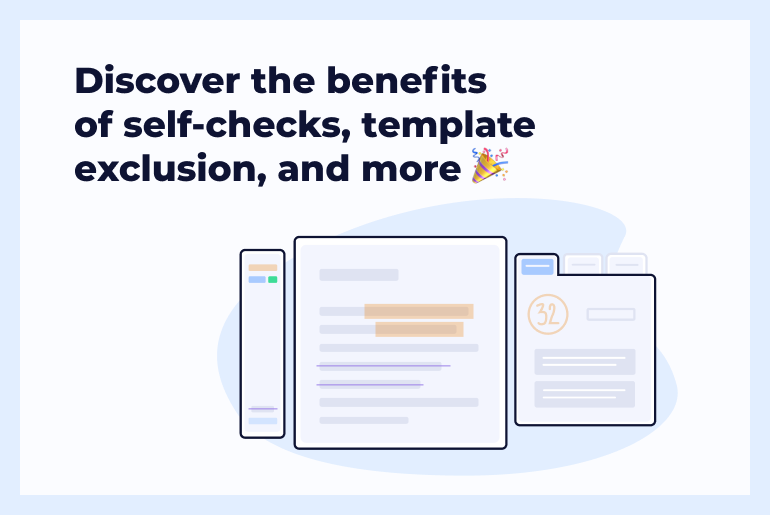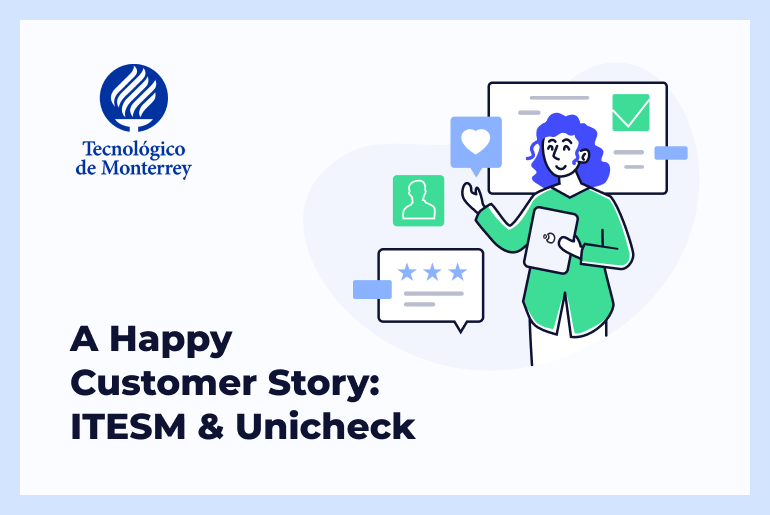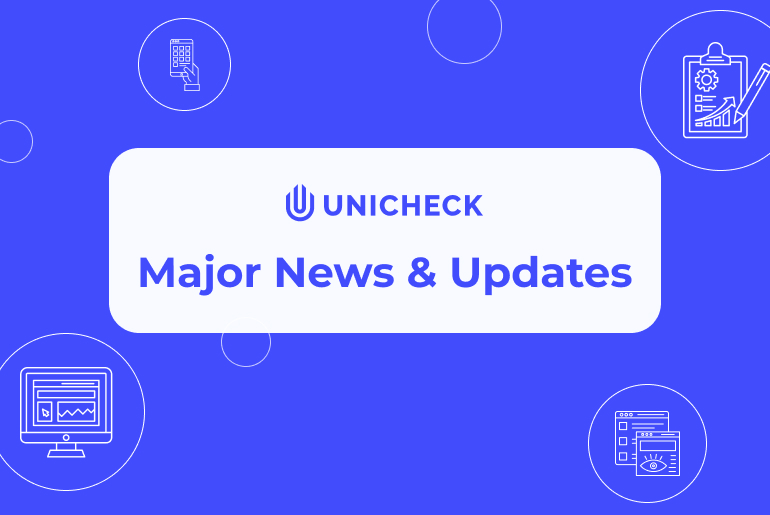Technology in education has made an incredible impact on learning. It becomes augmented, gamified, collaborative and requires new skills attribution.
VR-headsets or 3D printers are getting popular in the classroom. Although the classroom itself is going online with such platforms as Google classroom. Online courses like MOOC (massive open online courses) become widely recognized giving a chance to every student to get profound knowledge.
What is it like to be an e-learner? What he/she gains in the e-learning environment? Here are some ideas on how EdTech education affects students and educators.
EdTech Impact on Educators
Educators have acquired a multitude of new technologies to vary lessons with enticing assignments that contribute much to information visualisation like Cram or Brainscape applications. Educators feel more creative incorporating various applications into lessons and set goals for lessons with ease.
Keeping class focus on new material is not a burden any more. Students are engaged in new activities and a quick switch from one to another makes time fly.
Educators play a management role while fostering students’ collaboration using such applications as GroupMaker or BaiBoard, learn how to listen to somebody’s point of view and consider it, thus they polish communication skills.
Nevertheless EdTech increases student engagement, it also may sidetrack students’ attention and even lead to cheating. That’s why educators should be picky when making technologies part of learning.
Tech Benefits for Students
Classroom setting as well as the range of online and offline activities are getting different. First of all, the way students perceive knowledge changed, as there is no need to spend hours looking for books in traditional libraries or noting down long exhausting lectures. A student may jot down everything valid from a teacher by means of digital devices considering several types of note-taking.
Every student has already spent many hours working on projects, so he/she knows that to research and explore something is absolutely a pleasure, and various EdTech tools significantly help make presentations brighter and more effective. However, with plethora of informational resources, a seduction to copy somebody else’s idea is big enough. That’s why when a presentation is ready, it is necessary to check for incorrect citation with such plagiarismcheckers like Unicheck.
On top of the research skills development, each learner may create his/her own blogs, stories and videos by letting creativity flow. Using such tools for blogs creation like Wix or Yola will assist in making a blog alluring while MapSkip and Storybird will make content brilliant.
Bottom Line
Both students and educators feel novice in the digital environment and as any phenomena, digitalization of education has its flaws and strengths. Students learn to express themselves, and grow their talents. Educators gain much more opportunities to diversify classroom activities, avoid time-consuming preparation, and learn to find the best practices to teach new skills and give a chance to students effectively apply them.




